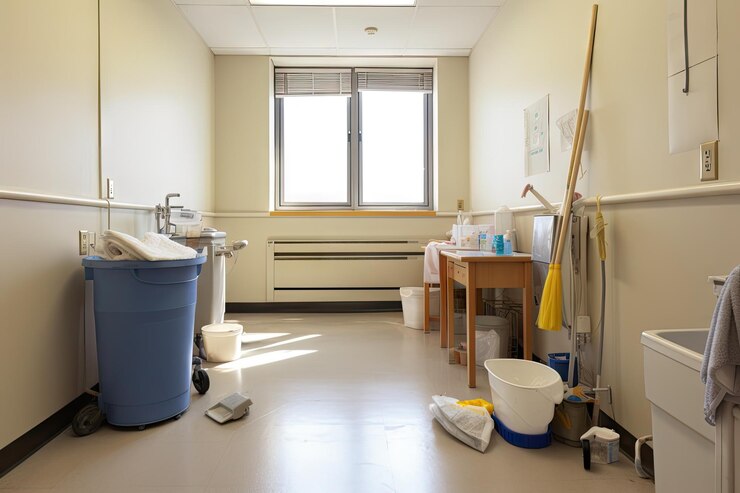Maintaining a clean and tidy home is a goal for many, but it can be challenging without the right strategies in place. One often overlooked aspect of home cleanliness is the condition of your drains. Proper drain cleaning maintenance play a crucial role in ensuring your home stays hygienic and free from unwanted odors or water damage. Here’s a comprehensive guide to keeping your house spotless with a special focus on these essential areas.
1. Regular Drain Cleaning
Drainage requires special treatment. When it becomes smaller stained on the floor Clogged drains can cause water backups, unpleasant odors, and even damage to your plumbing system. And this cleaning should be done on daily basis.
How to Clean Your Drains:
Use a Drain Strainer: Prevent clogs by catching food particles, hair, and other debris before they enter your pipes.
DIY Solutions: Pour a mixture of baking soda and vinegar down your drain, followed by hot water. This natural solution can help break down minor clogs and deodorize your pipes.
Enzyme Cleaners: Use enzyme-based cleaners monthly to break down organic materials that might be causing blockages.
Professional Cleaning: For stubborn clogs, consider hiring a professional plumber to use specialized tools like a drain snake or hydro-jetting equipment. All types of enzyme cleaners and other detergents are used. These are very important in cleaning.
2. Routine Plumbing Maintenance
Why It Matters:
A well-maintained plumbing system prevents leaks, water damage, and costly repairs. Regular checks can help identify potential problems before they become significant issues.
How to Maintain Your Plumbing:
This is all about inspection. If you keep inspecting everything in your house you won’t be able to waste your time on useless things. For example, if you keep the drainage system, always hire a plumber to watch the pipes and other things it would be better for leakages and water extraction. Inspect for Leaks: Regularly check under sinks, around toilets, and along exposed pipes for any signs of leaks or water damage.
Check Water Pressure: Ensure your water pressure is within the recommended range. High pressure can strain your pipes and fixtures, leading to leaks.
Test Your Water Heater: Annually flush your water heater to remove sediment buildup, which can reduce efficiency and cause damage.
3. Effective Cleaning Habits
Daily Habits:
Clean Spills Immediately: Prevent stains and bacteria growth by wiping up spills as soon as they happen.
Keep Surfaces Clear: Regularly clear and wipe down countertops, tables, and other surfaces to prevent clutter and buildup of dust and grime.
Weekly Tasks:
4. Some particular Areas
Keep Drains Clear: Avoid pouring grease or oil down the drain. Use a strainer to catch food particles.
Clean the Sink: Use a disinfectant to clean your sink daily, and don’t forget to sanitize the faucet and handles.
Bathroom:
Inspect Sump Pump: If you have a sump pump, check it regularly to ensure it’s functioning correctly to prevent flooding.
Look for Moisture: Check for signs of moisture or water damage that could indicate plumbing issues.
Keeping your house clean requires more than just surface-level tidying. Regular drain cleaning and plumbing maintenance are crucial components of a comprehensive home cleanliness routine. By implementing these tips, you can ensure your home remains a safe, hygienic, and pleasant place to live.
Keep in mind that all these methods are equally important. When you do it yourself to gain the results you would be amused. Never find it, never mind. Remember, while DIY methods can handle minor issues, don’t hesitate to call in professionals for more significant plumbing concerns. Professions are always better than your own unskilled techniques. Be positive and keep strugg6. To keep clean the whole idea is obvious. A little proactive maintenance today can save you from hefty repair bills tomorrow. Happy cleaning!

